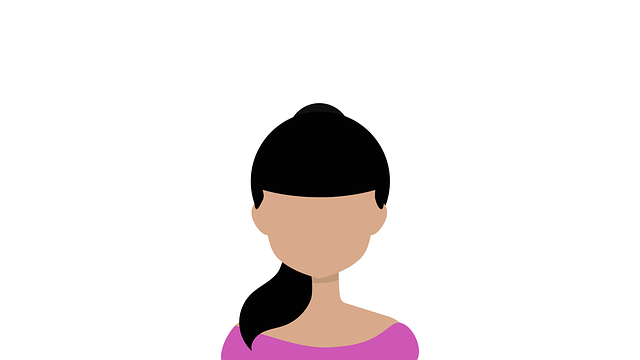For the entire article, use bold to emphasize key points, use a numbered and bulleted list for steps, dos and don’ts.
The human backbone is an essential part of the body, providing movement and support for everyday tasks. Unfortunately, difficulties with this area can also arise due to slipped disks. People of any age can suffer from a slipped disk, but can a teenager develop a slipped disk? In this article, we will explore the symptoms, diagnosis, and treatment of a slipped disk in teens, as well as preventive approaches.
Symptoms of a Slipped Disk in Teens
A slipped disk in teens is the same as the condition seen in adults. It occurs when a disk between two vertebrae herniates and moves out of position, putting pressure on the surrounding nerves. Typical symptoms can include:
- Lower back pain
- Pain that radiates to the buttocks, legs and feet
- Numbness, tingling, or weakness in the legs or feet
- Difficulty walking or standing
Diagnosing a Slipped Disk in Teens
If a teen is exhibiting the symptoms of a slipped disk, medical attention should be sought. A doctor will need to conduct a physical exam and review the teen’s medical history. It is possible that additional tests might be required:
- Imaging Tests: An X-ray, CT scan or MRI might be ordered to obtain pictures of the spine and determine the locations of the herniation.
- Nerve Tests: Electromyography (EMG) and nerve conduction studies (NCS) might be ordered to determine the functioning of the nerves.
Treatments for a Slipped Disk in Teens
Treatment options will depend on the severity of the herniation, the age of the teen, and the symptoms present. Some potential treatments include:
- Medications: Non-steroidal anti-inflammatory (NSAID) medications and muscle relaxants might be prescribed to address pain and inflammation.
- Physical Therapy: A specialized routine of exercises might be prescribed to help protect and support the spine.
- Surgery: If conservative treatments are not sufficient, surgery might be needed to correct the herniation.
Preventing a Slipped Disk in Teens
The best approach to prevent a slipped disk in teens is to engage in healthy behaviors, including the following:
- Exercise regularly, but avoid any activities that put too much stress on the spine.
- Maintain correct posture during sports and everyday activities.
- Incorporate stretching and strength exercises into workouts.
- Carry objects correctly, such as keeping the core engaged and avoiding twisting.
Can a teenager have a herniated disk?
Yes, it is possible for a teenager to have a herniated disk. However, it is more common for herniated disks to occur in adults due to the wear and tear associated with aging. Some of the causes may include a traumatic injury or a congenital abnormality. Treatment typically depends on the severity and location of the herniation. Medications, physical therapy, and in some cases, surgery, may be necessary to correct the herniation. It is important to practice healthy behaviors to reduce the risk of a slipped disk. This includes exercising regularly, maintaining correct posture, stretching, and carrying objects correctly.

